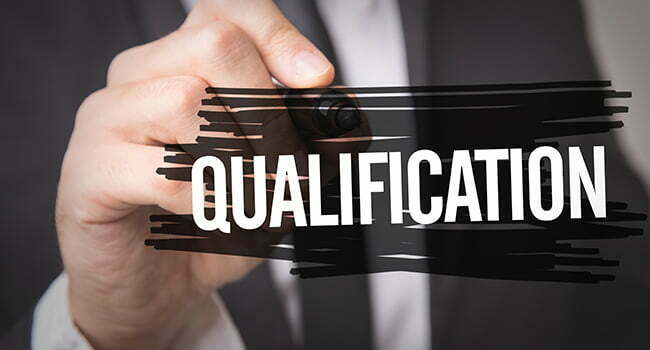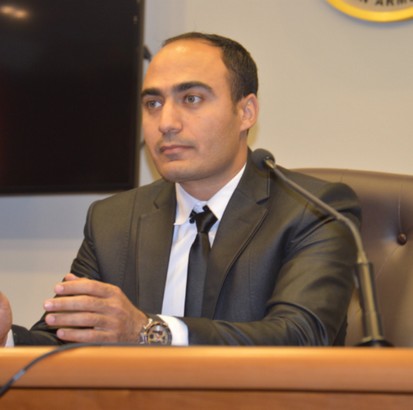What Qualifications Should You Look For With Your Arabic Translator?
Before we start with what are the required qualifications for an Arabic translator, we need to define who is the Translator and what is special about the Arabic language.
The translator is the one who performs the initial translation process transforming information from one language into another. The most basic criteria for success in this phase are the quality of the translation and asking yourself was the information accurately and clearly conveyed in the target language.
As we explained before in many of our blogs detailing how rich, flexible and special the Arabic language is. One of the main properties of Arabic is a wide range of vocabulary, we can look closely at the dictionaries of various languages, and not find a lexicon as extensive as the vocabulary of the Arabic dictionary. This fact naturally adds some burden on the average Arabic translator. Professional Arabic translators must have high qualifications in order to have mastered any language pair i.e., English-Arabic, Arabic-English, Hebrew-Arabic, Chinese-Arabic, etc…and make a living as an Arabic translator.
So, before you decide to assign your Arabic translation project to just any translator or LSP, you need to meet with or review the credentials for the translation team making sure the team holds all the required experience and skills. Even if you are not an Arabic speaker, at least you can recognize the Arabic translators, even represented by a designated Language Lead possess the linguistic skills and mindset to successfully manage and translate your content.
7 Basic Skills and Qualifications for an Arabic Translator

- Your Arabic translator should be very skilled at the source language. He is supposed to understand all the different styles and their grammar rules, also capable of understanding the meaning or any hidden meanings of the source language/writer.
- Any good Arabic translator should be aware of the source language culture and ideally has deep-dived into the culture beyond the language aspects. Not understanding differences between source and target language cultures can lead to critical problems in accuracy and understanding of the translation.
- Of course, good translators should be fully aware of, and skilled in, composition with Arabic grammar. Your target audience should not spot any grammar or spelling mistakes with your translated text. While style preferences are subjective, at a minimal a translation should be error-free in this regard.
- A working professional Arabic translator should focus on just a few subject matters, sometimes one very narrow subject matter. They should be a Subject Matter Expert (SME) for your subject matter. Legal, Medical, Hospitality representing broad fields, and real estate law, cardiac medicine and culinary being narrow subject matters within these broad fields.
- A good Arabic translator is a translator who adheres to impartiality and objectivity in the translation process. The translator must convey the information as it is, away from his personal whims and opinions.
- Is your chosen Arabic translator skilled using Computer Assisted Translation tools (CAT tools)? It may be easy to spot all inconsistencies, typos and missing translations or wrong values comparing to the source in a small translation, but with projects involving hundreds of pages, it is near impossible. Professional translators and teams utilize several automated tools to systematically scan and proof translations to avoid a variety of mistakes from misspelling, grammar, incorrect terminology and inconsistent text.
- Last but not least, the non-linguistic qualifications may be even more important than the actual act of translating. Does your chosen Arabic translator deliver projects on time, do they ask the right questions upfront, do they conduct solid research on any topics or terms needed, do they verbally communicate well as needed in collaborative meetings.
Conclusion
As you can see from the above, identifying Arabic translators and/or teams that are qualified for your project is not easy, nor a decision to take lightly. The Arabic language is very rich, with many dialects and fluid meanings for many words, just as the pool of Arabic translators is very diverse, with many dialects and levels of experience. You need to do your homework when it comes to finding an Arabic translator, and you should hope your Arabic translator has been doing their homework over the years, so they are good at what they do 😊
